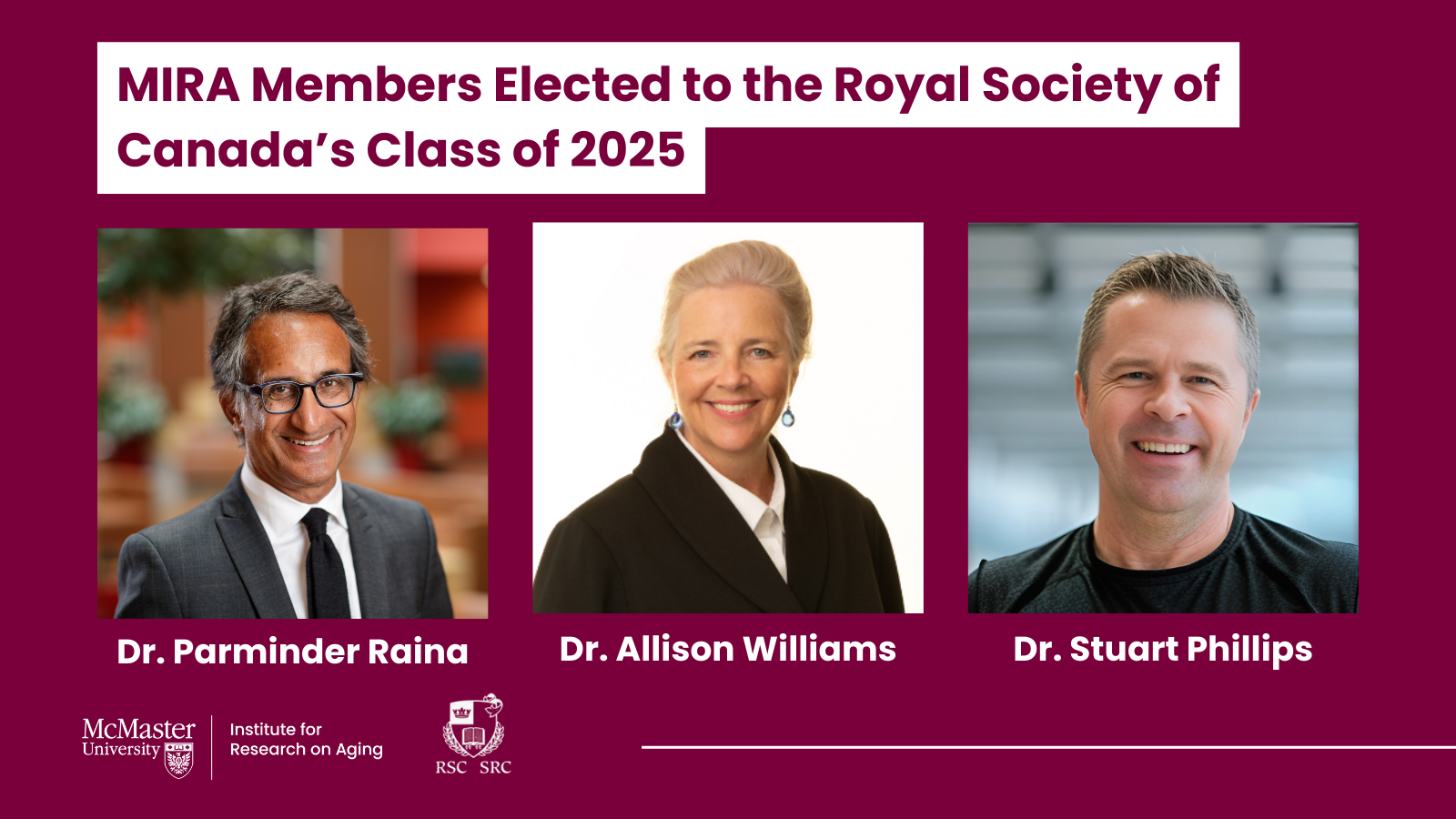Published: August 15, 2019 | By Cassandra Szklarski
Canadian researchers say so-called “silent” strokes are common in seniors after they have elective, non-cardiac surgery and double their risk of cognitive decline one year later.
Cardiologist and co-lead researcher PJ Devereaux of Hamilton Health Sciences says that “silent” — or covert — strokes are actually more common than overt strokes in surgery patients aged 65 or older.
While an overt stroke causes obvious symptoms such as weakness in one arm or speech problems, a covert stroke is not obvious except on brain scans.
Overt stroke occurs in less than one per cent of adults after non-cardiac surgery but researchers found that covert stroke occurred among seven per cent of the 1,114 study participants.
The global study detected MRI evidence of the more subtle condition among 78 patients aged 65 years and older who underwent surgery between March 24, 2014, and July 21, 2017.
These patients were also more likely to experience cognitive decline, delirium, overt stroke or a mini-stroke within one year, compared to patients who did not have a silent stroke.
The results of the NeuroVISION study were published Thursday in The Lancet.
Co-lead investigator, Dr. Marko Mrkobrada of Western University, said the findings underscore the risks involved when older patients undergo surgery, especially as improving surgical and anesthetic techniques allow surgeons to operate on older and sicker patients.
“Despite the benefits of surgery, we also need to understand the risks,” Mrkobrada, an associate professor of medicine at the London, Ont., university, said in a news release.
The report concludes by calling for more research to determine the cause of covert stroke following surgery and to establish whether anything can be done to prevent cognitive decline.
The patients came from 12 health centres in North and South America, Asia, New Zealand, and Europe.
All patients received an MRI within nine days of surgery but only 1,001 completed the one-year followup.
Of those, 69 had suffered a covert stroke, and among those patients, 29 experienced cognitive decline, or 42 per cent.
Meanwhile, 274 patients — or 29 per cent — of the 932 participants who did not suffer a covert stroke experienced cognitive decline.
The most common types of surgeries were orthopedic, urological or gynecological. The mean age of participants was 73 years, and 56 per cent were men, 64 per cent had a history of hypertension, and five per cent had a history of stroke.
Major funders of the study included the Canadian Institutes of Health Research, the Ontario Strategy for Patient Oriented Research support unit, the Ontario health ministry, Government of the Hong Kong Special Administrative Region, China, and The Neurological Foundation of New Zealand.
This article was first published by The Canadian Press. Read the original article here.


